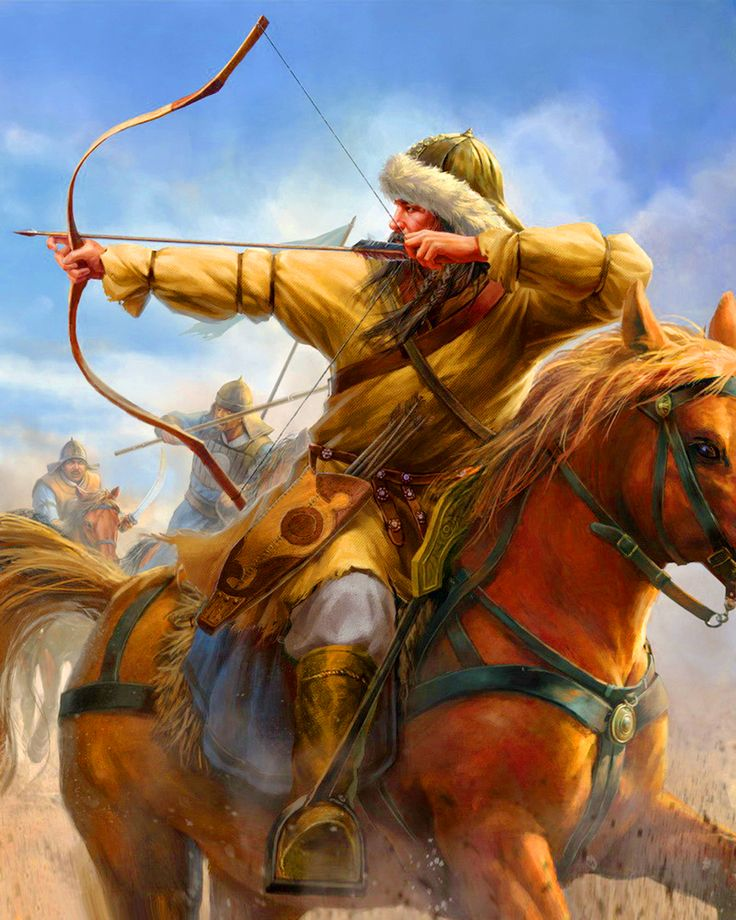There are a lot of surprises in DNA testing, a can of worms when you think about it. Over the generations there are so many wires that can be crossed the wrong way, bits and pieces of chromosomal material gone awry, far too much of Great Uncle Harry and not enough of Mildred Figgins. Somehow Bobby Benson had gotten 'The Nose', a beaklike hook of a thing that showed up again and again in family pictures and portrait dating back to the royal House of Lancaster when it first appeared, disappeared, then surfaced again in an offspring of Cromwell, crossed the Atlantic in mufti, showed up again in Boston on the face of the most famous of all Bensons, Hiram III, architect of the Three-Cornered Trade, entrepreneur, shipping magnate and founder of Harvard's Benson Hall.
Looks didn't matter much to royalty. The Droit du Seigneur assured an active and fertile sex life with whomever the Count of Bolingbroke or the Marquis de Villiers chose and their progeny, legitimate and illegitimate inherited well-known and lesser-known traits of intelligence, stupidity, and pendulous ears. No one cared because of the royal blood inherited, but when the bloodline thinned and royalty faded, people took notice of 'anomalies' as they were graciously called - those physical features better left un-emerged from the tangle of genetic material laid down millennia ago, wound and unwound until they showed up in the worst possible way.
So Bobby Benson got 'The Nose', prominent even as an infant. No bonnet could throw a genteel shadow on the nose, and what his parents had always feared given the portraits of hook-nosed, long-snouted ancestors on the walls of Greenacres, had come true. It would be negligible if the Bensons still ruled their patch of Lancashire County and Robert Adams Benson was in line for the fortune of his forbears. Then he could marry the finest women of the land, settle into a life of patronage and ease, lord and master of all he surveyed. This all was not to be. Robert would have to suffer the iniquities of his occasional commoner ancestors - a physical deformity forever ruling his narrow world.
True to form, Robert's nose grew to unfortunate lengths, and the young boy tried everything to disguise it, or at least to draw attention away from it - bold, patterned scarves, he was advised by a fashion influencer, do wonders to accentuate color, brightness, and tone, all of which happy features the young man had. Hats, high Western ten gallons, were another way of deflecting attention upwards rather than down the great aquiline slide; and so were oddities like gold, scalloped earrings.
None of this worked. The more tried, the sillier he looked. Yet it wasn't only the nose that caused him and his family some concern. Despite the long, patrician, aquiline nose there was something else of note - the boy looked faintly...Here his family hesitated, searching for the mot juste, a phrasing which would only hint at genetic mystery, not out-and-out racial identity....black. There, they said it, finally. Only faintly, mind you, a bit of fleshiness in the lips, a slight tight curl of the hair, a rather Mediterranean skin tone, but there it was.
How could this be, the family wondered? But of course given their landholdings in South Carolina and Georgia and their former ancestral governance of large plantations of tobacco and cotton, some slip might have happened as it did to Thomas Jefferson, and some beautiful octoroon, heir to a white legacy, but part slave might have had a son or daughter to pass on her genes.
The matter was dropped, and if it hadn't been for the ironic coincidence of Bobby's passionate progressive bent, it might never have been picked up; but as he got older the Yoruba bits embedded in his DNA pronounced themselves, and his colleagues took note. The thought was encouraging. This would be his key to full membership. Being black, even in diminishing returns, would give him the credibility he had always sought from his colleagues who had insisted that the black man, the African man, belonged atop the human pyramid, heir to the natural, animistic purity of the jungle and the savannah. Just as bloodline mattered to white aristocrats of European empire - heads rolled and courtiers knighted thanks to it - it was as important in Dahomey, Nigeria, or Ghana.
In other words, it didn't matter how much black blood he had coursing in his veins as long as there was some he could point to. Why not get tested his closest friends and black advocates suggested? Nothing lost and everything gained.
Of course, given his family history, things could turn out very badly indeed. If there had been some tomfoolery going on in the big house, then he could just as easily have slaveowner blood, perhaps in far greater proportion than slave. If this turned out to be the case and his Negroid features only happenstance, curiosities of mating, he would be far worse off.
To most observers this was a silly thing. Americans in particular were as mongrel as can be. Only the Turks whose territory was crossed, ruled, and crossed again by Hittites, Romans, Greeks, Bulgarians, Mongols, Circassians, and Arabs were more genetic hybrids than Americans. Still, with the waves of immigration from Eastern, Southern, Northern, and Western Europe and the mixing of these groups with one another despite ethnic territorialism was certain. So what was the big deal?
It is hard for the outsider to realize and understand progressives' desire for definitional purity and their fierce allegiance to the cause of Utopian reform. It may not matter to Joe the Plumber who's who and what's what, but it does to the committed progressive. To him there is not a scintilla of doubt that the black man is at the pinnacle of the human enterprise; and that his enslavement was the worst of all possible crimes, stifling native genius and cruelly repressing it. It did indeed matter who was black and who was white.
On the day of the DNA test, Bobby Benson looked at himself in the mirror, and for the first time in ages, he did not focus on his nose. It disappeared as he parsed lips, skin tone, brow, and hair. It was the mastery of perception - Kurosawa, Browning, and Durrell were right. Truth is a matter of opinion; and there it was staring back at him. Once he found out he was black, all the slights, insults, and smarmy innuendoes about his nose would fade into obscurity. 'I am black!', he said again and again, each time more convincingly than the one before, "I'm black and I'm proud", he shouted, and prepared himself to find out.








No comments:
Post a Comment
Note: Only a member of this blog may post a comment.